With worldwide efforts towards achieving a zero-emission economy intensifying, the international maritime industry is undertaking its own sustainability efforts set out by its regulator, the International Maritime Organization (IMO). The industry’s goal is to reduce its total annual GHG emissions by at least 50% by 2050 compared to 2008, and to reduce CO2 emissions per transport work, as an average across international shipping, by at least 40% by 2030, and towards 70% by 2050, again compared to 2008 levels. These are tough targets for a colossal industry that moves 90% of the world’s goods.
According to the Environmental Protection Agency (EPA), “[shipping] transportations’ Greenhouse Gas Emission contribution is negligible when compared to other economic sectors”. However, a research article published by Taylor & Francis Group, part of the Academic Publishing Division of Informa PLC, suggests otherwise, highlighting the fact that seaborne trade has in fact quadrupled in size over the last four decades, and the fuel demand of ships increased by over 1% each year between 2000 and 2015.
Although no single “silver bullet” method exists for reducing GHGs from maritime transport, the industry does have multiple avenues to consider in the quest for decarbonization, with many tried and tested technologies to adopt and operational strategies to deploy.
While decarbonization sits high on the agenda for most vessel operators, the industry is also undergoing digital transformation. The maritime industry is known to lag behind other economic sectors when it comes to digitalization, it is a very traditional industry after all. According to a survey conducted by Informa Engage, two-thirds of the industry has begun to use digital technology in their business.
Many see decarbonization and digitalization as very separate entities and two separate challenges. However, digitalization is a key enabler for decarbonization. Particularly when it comes to empowering sustainability efforts through data-powered decision making.
Digital Transformation for Decarbonization
The somewhat fast-paced adaptation of digital processes stemming from improving economic return and ship safety has led some key players within the industry rightly question how digital technologies may be leveraged to help steer the industry towards decarbonization.
According to Taylor & Francis, regardless of how progressive the industry has become to eliminate their manual processes, in order to meet decarbonization goals, shipowners and operators will need to have complete trust in data-driven decisions and realize the potential that digital technology has in addressing carbon emissions.
Groups such as ZeroNorth, for example, a working group in which Q88 is a member, aims to support the drive toward decarbonization using technology to turn data into actions by identifying common touchpoints within the industry to improve vessel emissions. Currently, they are working to define a common data quality reference for fuel performance monitoring and environmental reporting that can be ensured across the industry.
Emissions Reduction as a Commercial Factor
There is no doubt that emissions reduction is becoming a commercial factor. Take the incoming Carbon Intensity Indicator (CII) rules as an example that require operators to develop a plan of corrective action after three consecutive years of bad CII ratings. This would be very costly to any shipowner.
Therefore, there is commercial value for chartering and operations in knowing how their estimates could impact the overall annual CII of a voyage. Also, for chartering and operations teams to make the most well-informed environmentally responsible decisions, the ability to increase that confidence by providing users the most important data in one place (for example, pre-fixture decisions of which cargo to take and operational decisions such as speed) is vital.
Managing Fuel and Emissions
Sustainability presents the most challenging changes ahead for all of us, and there is no doubt that decarbonization will require industry policymakers to provide necessary policy and financial support in order to truly propel the industry forward.
In the meantime, to support the industry, at Q88 we are continuing to adapt and upgrade our digital solutions to help the maritime industry navigate decarbonization targets and digital transformation, in real-time.
Q88VMS is a commercial management platform that enables the control of fuel and emissions data, making it easy for users to gather all the necessary data required for emissions reporting. This means that an organization can successfully create a custom plan to reduce CO2 emissions.
Creating reports and sharing post voyage vessel performance analytics is quick and easy. This intuitive application enables users to calculate emissions on a voyage leg and total CO2 emitted. Enhanced emission estimates can be calculated for charterers with a robust distances tool, which means that while calculating a voyage one can see the matched emission estimated for that voyage.
Further, users can account for Emission Control Areas (ECAs) and to manage both scrubbers and non-scrubber fitted fleets. One feature unique to the Q88VMS is the ability for users to calculate Sulfur and Nitrogen Oxides emissions (Sox and NOx).
Another significant development made in the Q88VMS platform is a brand-new bunker fuel consumption panel where data can be easily inputted for each vessel and then used to aid in estimates to calculate bunker consumption that ultimately helps make the most sustainable decisions.
And you don’t have to take our word for it. Customers are embracing the positive impact that the Q88VMS platform is providing for their commercial operations.
“At Alba Tankers, we report emissions regularly to our customers. The automation that the Q88VMS emissions bunker feature allows for has tremendously improved efficiency for us and saves time getting our reports to our customers. We are thankful to Q88 for continually looking at the industry and adapting their tools in ways that will have the most positive impact to the industry.” – David Bromander, Alba Tankers
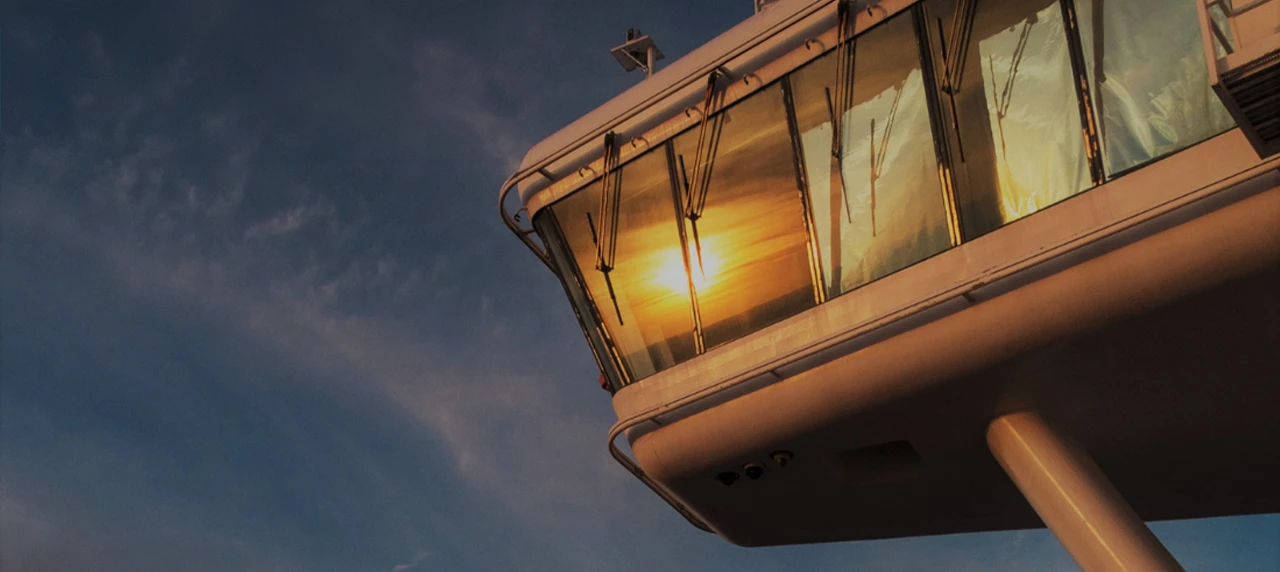
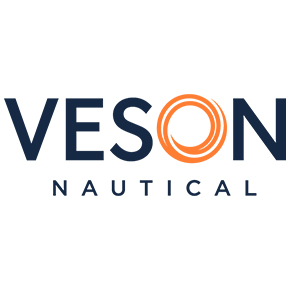
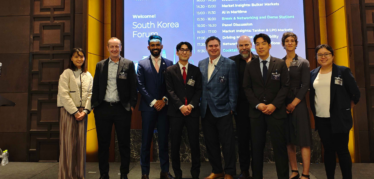
 Giftson Eliyesar
Giftson Eliyesar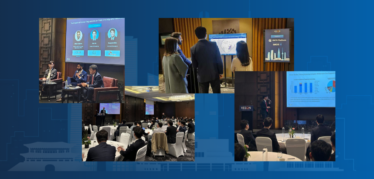
 Hongbeom Park
Hongbeom Park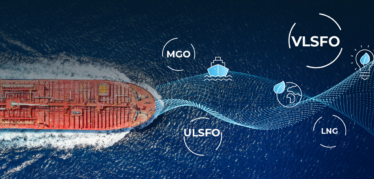
 Oliver Kirkham
Oliver Kirkham